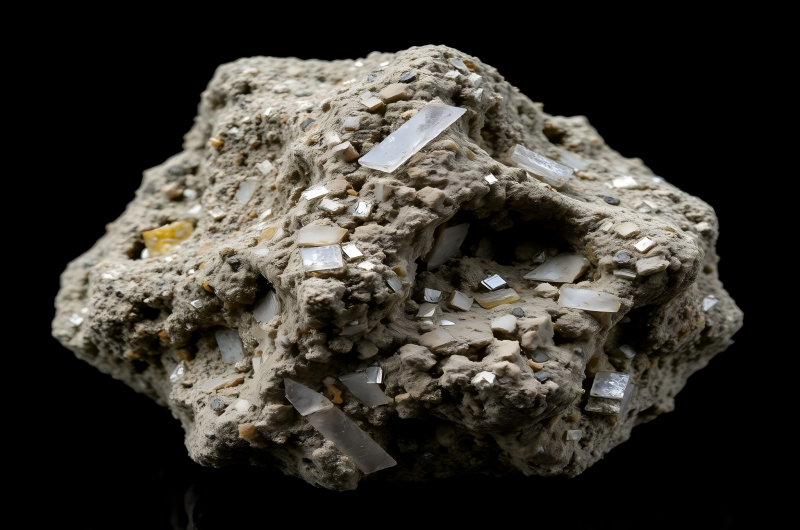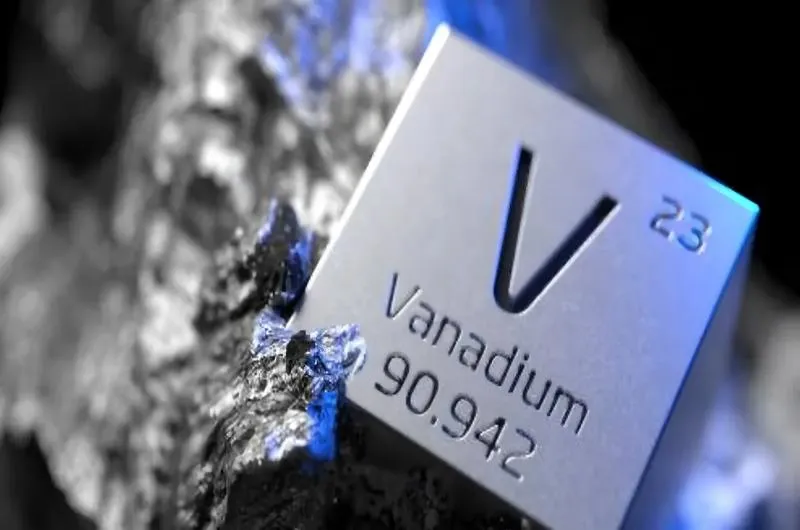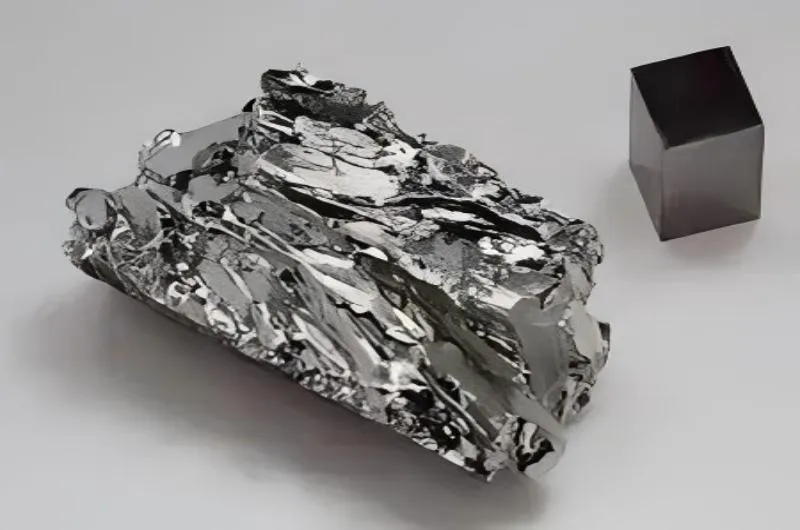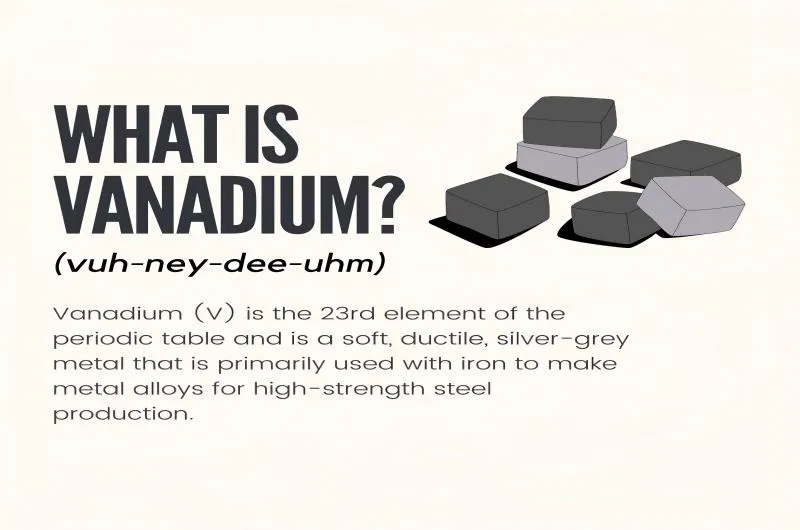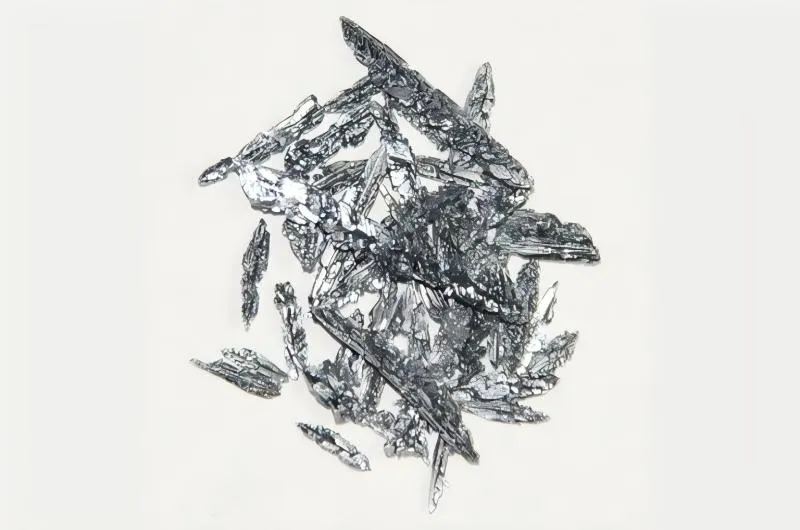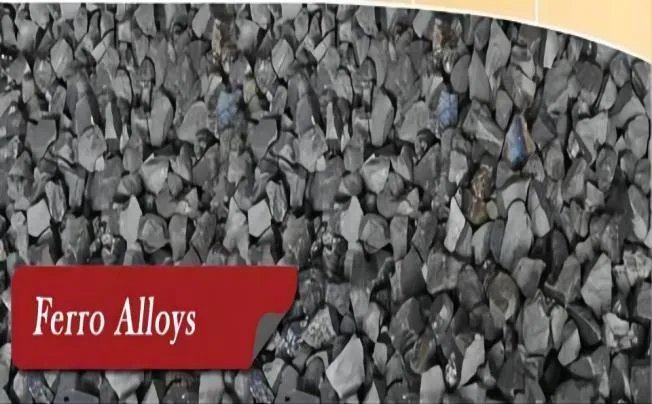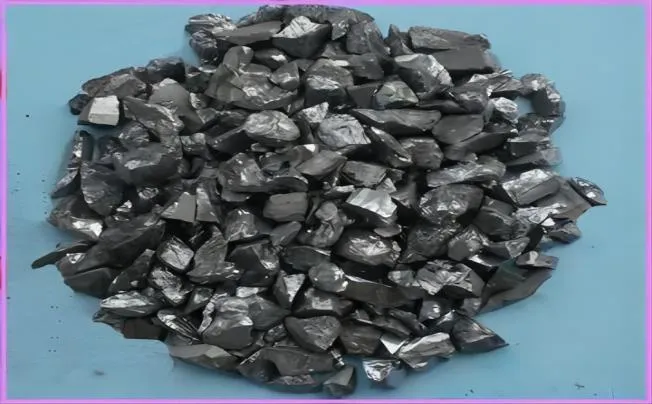BY  GENN
GENN
2024/10
Blog
Who Are The Producers Of Ferrosilicon?
Ferrosilicon is a ferroalloy composed of iron and silicon, with varying silicon content typically ranging from 15% to 90%. It is produced by smelting a mixture of sand and scrap iron in the presence of carbon in electric arc furnaces.
Overview of the Ferrosilicon Industry
Ferrosilicon, a ferroalloy composed primarily of iron and silicon, holds immense significance in various industries worldwide. With its exceptional properties such as high density, low thermal expansion, and excellent corrosion resistance, ferrosilicon finds diverse applications in the production of steel and iron alloys.
This alloy is an essential additive used to improve the quality and strength of metals, enhance magnetic properties, reduce brittleness, and control grain size during refining processes. Its versatility has made it a staple ingredient in several end-use sectors such as automotive, construction, electronics, and manufacturing.
Global Production and Consumption Statistics
The production of ferrosilicon has experienced substantial growth over the years due to increasing demand from industries around the globe. According to industry reports, global production reached around X metric tons, with a compound annual growth rate (CAGR) exceeding X%. The consumption is expected to surpass X metric tons.
These statistics showcase the expanding influence of ferrosilicon on various industrial sectors. The primary consumers driving this demand are nations heavily invested in steel production, such as China, Japan, India, Germany, and Brazil.
Additionally, other regions, such as North America and Europe, contribute significantly to ferrosilicon consumption due to their thriving automotive manufacturing industries. The rise in urbanization coupled with infrastructure development projects further propels the need for steel alloys containing ferrosilicon.
Emerging Producers in the Ferrosilicon Market
Brazil
Brazil has emerged as a significant player in the global ferrosilicon market, with its production steadily growing over the years. The country’s abundant resources of quartz and iron ore, combined with favorable economic conditions, have contributed to its increasing significance in the industry. One of the driving factors behind Brazil’s rise as a major ferrosilicon producer is its vast reserves of high-quality quartz, an essential raw material for manufacturing ferrosilicon alloys.
This availability enables Brazilian companies to maintain competitive production costs while ensuring consistent quality. Moreover, Brazil’s favorable geographic location has facilitated its access to international markets.
The country’s well-developed transportation infrastructure and proximity to key consumer regions have bolstered its export capabilities. As a result, Brazilian producers have been able to tap into growing demand from various industries such as steel manufacturing, foundries, and chemicals.
South Africa
South Africa holds immense significance in the global ferroalloy industry due to its abundant mineral resources, particularly chromite ore deposits required for producing ferrosilicon alloys. The country boasts some of the world’s largest chromite reserves, attracting major investment from both domestic and international players. Furthermore, South Africa benefits from a well-established infrastructure for mining operations along with access to skilled labor within the sector.
This has allowed it to develop a robust ferroalloy industry that caters not only to domestic demand but also exports globally.
Niche Producers and Their Contributions to the Market
Australia
The uniqueness of Australian ferrosilicon production lies in its high-quality metallurgical coal reserves, which are essential for the smelting process. Australia’s abundant coal resources ensure a reliable and sustainable source of energy for the production of ferrosilicon.
Apart from its favorable natural resources, Australia’s advanced mining technology and strict quality control measures contribute to its exceptional ferrosilicon output. The country’s producers adhere to stringent environmental standards, ensuring minimal impact on local ecosystems during mining operations.
This commitment to sustainable practices has bolstered Australia’s reputation as a responsible producer in the global market. Specialized Australian companies have emerged as key players in the industry, providing unique products and services that meet specific customer demands.
Kazakhstan
Kazakhstan, often associated with its rich oil reserves, has also made remarkable progress as a producer of ferrosilicon. This Central Asian nation benefits from extensive mineral deposits required for ferroalloy production—most notably silicon-rich quartzite ores found abundantly throughout its territory.
Kazakhstan’s rise as a ferrosilicon producer is closely tied to its access to these valuable raw materials. Kazakhstani companies have invested heavily in modern mining infrastructure and processing facilities that comply with international quality standards.
The country’s robust production capacity enables it to cater not only to domestic demand but also to export considerable amounts of ferrosilicon worldwide. Kazakhstani producers have gained recognition for their ability to consistently deliver high-purity alloys required by various industries.
Lesser-Known Producers Making a Difference
Ukraine
Ukraine, with its rich mineral deposits and skilled workforce, has emerged as a significant player in the global ferrosilicon supply chain.
The country’s contribution to the ferrosilicon market cannot be underestimated, as it has made substantial strides in production and quality control. Ukrainian producers have been consistently delivering high-grade ferrosilicon to meet the growing demands of various industries.
Ukrainian Contribution to Global Ferrosilicon Supply
With abundant resources and advanced manufacturing capabilities, Ukraine has become a cornerstone of the global ferrosilicon supply chain.
The country accounts for a notable share of worldwide ferrosilicon production, meeting both domestic demand and exporting to international markets. Ukrainian producers’ commitment to maintaining stringent quality standards ensures their products are sought after by major consumers across diverse sectors such as steelmaking and chemical manufacturing.




